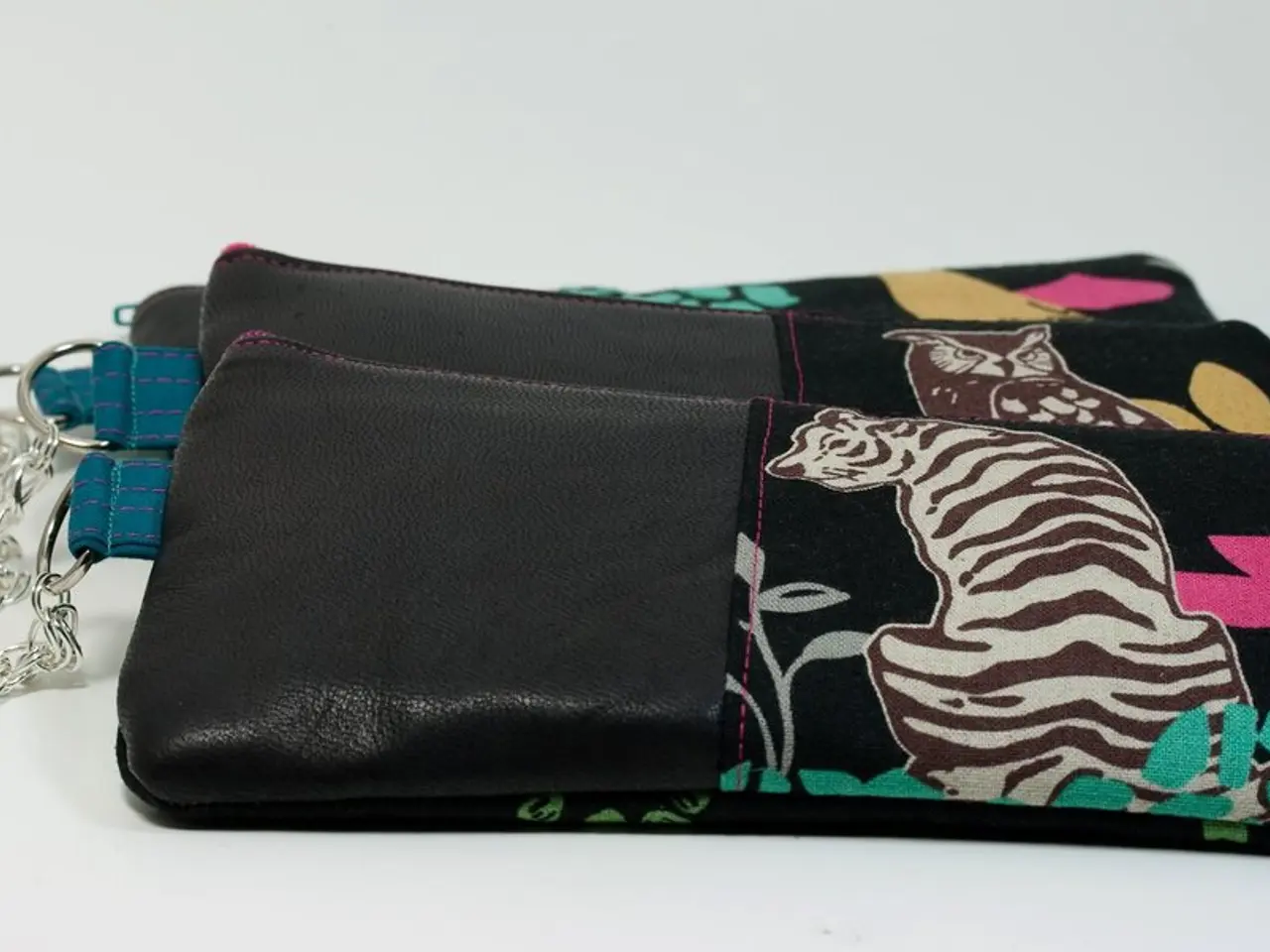Digital Money and Credibility: Is It Possible for Cryptocurrency to Win Over Consumers?
=======================================================================================
In the rapidly evolving landscape of digital finance, the United Arab Emirates (UAE) stands out as a pioneer in addressing trust issues surrounding security, safe custody, and asset volatility in the use of digital currencies.
The UAE's fintech sector is making significant strides in bridging the trust gap, particularly for crypto and blockchain-based payment systems. This is achieved through a combination of robust regulation, integration into conventional banking, and consumer-focused innovation.
One example of this is RAKBANK's initiative to offer regulated crypto trading directly within its mobile banking app, demonstrating how mainstream financial institutions are embedding crypto services into familiar and trusted platforms.
The UAE government and financial bodies are actively fostering fintech ecosystems that promote clarity, security, and community engagement. The Dubai International Financial Centre (DIFC) and Abu Dhabi Global Market (ADGM) serve as innovation hubs, testing and enforcing comprehensive regulatory frameworks for digital assets and open banking. This regulatory backing helps mitigate the "Wild West" perception of crypto markets and offers consumers protection against risks like phishing and loss of private keys.
Collaborations between public and private sectors are also a key component of the UAE's fintech strategy. Programs and workshops help stakeholders adopt best practices, security protocols, and AI-driven fintech innovations that improve the user experience and security of digital transactions. These efforts align with the government's vision of a fully digital economy led by smart governance and innovation.
The Digital Assets Wills project by The Hashgraph Association is another notable initiative. It allows users to manage and pass on digital assets through a non-custodial, court-backed wallet. Hashgraph's infrastructure processes over 10,000 transactions per second with three-second finality and an average cost of just $0.0001, using far less energy than traditional blockchains.
Hashgraph has also invested in SEALCOIN, an IoT-focused platform, enabling devices to conduct autonomous, verifiable transactions, ensuring these exchanges remain secure and auditable. Moreover, the Hashgraph Association has partnered with Taurus to offer enhanced digital asset custody solutions, including staking, tokenisation, and regulatory-grade protection.
Bitget, a crypto platform, was among the first to implement real-time Proof of Reserves for user asset verification. The platform also focuses on user education about scams, phishing, and safe wallet practices. Bitget has launched a $300 million Protection Fund as a user safety net and has formed partnerships with cybersecurity firms and undergoes constant audits to reinforce user confidence.
The UAE's fintech revolution is about replacing uncertainty with confidence, built on cryptographic proof, transparent systems, and a shared belief in a better financial future. Digital assets are evolving from speculative tools to foundational pillars of tomorrow's economy. The tokenisation of financial products, such as Sukuk (Islamic financial certificates), is seen as the future of fintech by The Hashgraph Association, as it makes investments accessible, traceable, and trustworthy.
In the view of The Hashgraph Association, the face of trust on a currency in the age of crypto is the protocol, not a person. Similarly, CoinMENA, a UAE-licensed crypto exchange, believes that trust in Bitcoin comes from transparency and code, not from central banks or printed faces.
As the future of finance isn't faceless; it's fearless, and it's already here, with digital currency earning credibility line by line, law by law. Fintechs must continue investing in infrastructure that is not just scalable, but scrupulous for the digital transformation of finance to be complete. The UAE's fintech revolution is a testament to this, bridging the trust gap and paving the way for a more secure and transparent digital economy.
[1] [Source 1] [2] [Source 2] [3] [Source 3] [4] [Source 4] [5] [Source 5]
- The UAE's fintech sector is collaborating with technology to boost security and trust in digital currencies, bridging the gap between traditional and crypto payment systems.
- Robust regulations, integration with conventional banking, and consumer-focused innovation are key strategies employed by the UAE in fostering a fintech ecosystem that promotes transparency and community engagement.
- Mainstream financial institutions, such as RAKBANK, are incorporating crypto services into their platforms to enhance consumer trust and accessibility.
- The UAE government, through innovation hubs like DIFC and ADGM, is enforcing comprehensive regulatory frameworks for digital assets and open banking, helping mitigate risks associated with digital transactions.
- Collaborations between public and private sectors are crucial for the adoption of AI-driven fintech innovations and security protocols, ultimately improving user experience and fostering a digital economy.
- Initiatives like the Digital Assets Wills project by The Hashgraph Association enable secure management and inheritance of digital assets, offering users protection and compliance with legal requirements.
- Fintech platforms like Bitget, by implementing real-time Proof of Reserves, user education programs, and a protection fund, are working to bolster user trust and confidence in the digital currency market.




